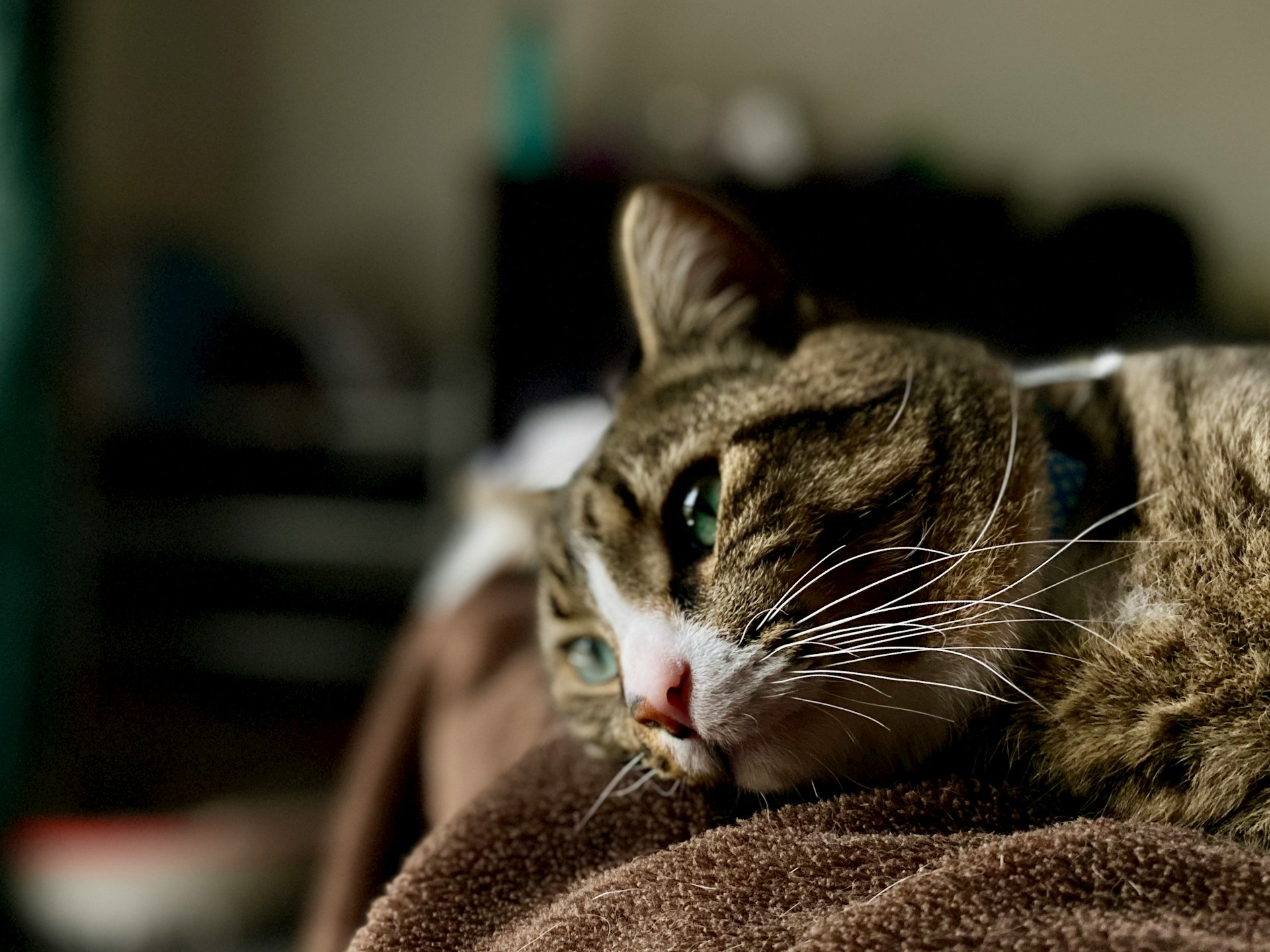
23 Feb My Cat Has Stomatitis And Extracting Teeth Did Not Help—What Else Can I Do?
One of the most painful and frustrating conditions to treat in cats is feline chronic gingivostomatitis (FCGS) also known as caudal stomatitis, faucitis, or just stomatitis.
What is stomatitis?
FCGS affects adult cats and results in inflammation of the soft tissues in the mouth, both the gums and other areas like the inside of the cheeks and lips or around the back of the throat. Cats with stomatitis are very painful. They have difficulty eating and grooming. They have bad breath and may drool. Some cats will scream in pain when trying to swallow or yawn. They may growl, grimace, or paw at their mouth after opening it.
Why extract teeth?
Extraction of all the teeth will resolve symptoms in a large percentage of affected cats. Some cats will improve even if only the premolars and molars (side teeth) are extracted, and the canine and incisors are left in place. Tooth extractions have the best chance of success in cats if the surgery is done soon after the diagnosis. Cats who have had repeated doses of steroids before surgery have less of a chance of responding.
What if extractions don’t work?
If your cat is still showing signs of oral pain (drooling, difficulty eating and grooming, being antisocial) after the mouth has healed from surgery, they may need further treatment. Up until recently, the choices were limited to medications that had to be given orally at home or administered by injection by a veterinarian. Most medications were aimed at treating pain and inflammation, but didn’t treat the underlying cause of the disease, which is a dysfunction of the immune system.
But now we have reason to hope that a new product may help!
Animal Dental Care & Oral Surgery is a site for a clinical trial for a new treatment for cats who have symptoms of stomatitis despite having had teeth extracted. The product consists of stem cells derived from the uterus of a cat. These stem cells may have the ability to change a cat’s immune system so that they no longer experience symptoms of stomatitis. Learn more about this stem cell clinical trial here.
What is a clinical trial?
A clinical trial is a research study where patients test a new drug to be sure it is effective and safe. The FDA requires clinical trials be done on any new drug before it can be brought out on the market. Clinical trials are structured according to the dictates of the FDA, so not every affected cat may qualify for treatment. This clinical trial relies on data collected both in the hospital and at home. All testing and treatment related to the trial is free.
Does my cat qualify for treatment?
To enroll in the trial, cats must have had at least all premolars and molars extracted and have dental radiographs that show that there are no retained roots. Cats who are taking steroids or other immune suppressants must discontinue them at least 14 days prior to treatment. Cats must visit the practice multiple times during the 90-day trial. There is an option to have cats continue in a longer trial for another 270 days if you want to do so.
Stem Cell Clinical Trials for Cats with FCGS
If you think your cat could benefit from stem cell therapy, please contact our office for additional screening questions. We look forward to helping you and your kitty!
Images used under creative commons license – commercial use (2/23/2024). Photo by Tim King on Unsplash



